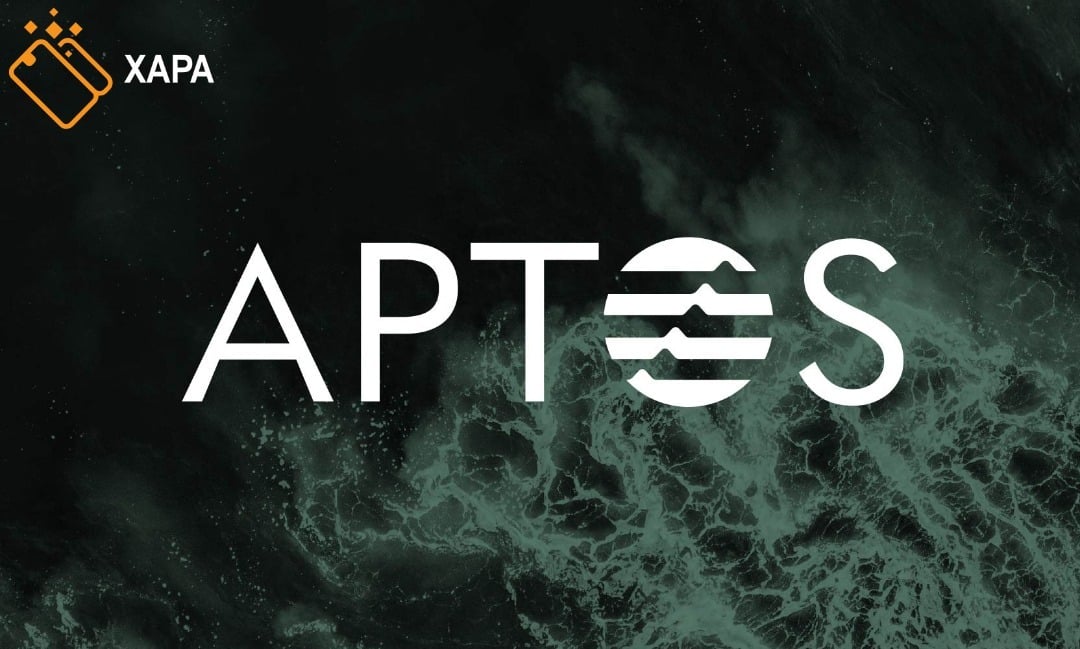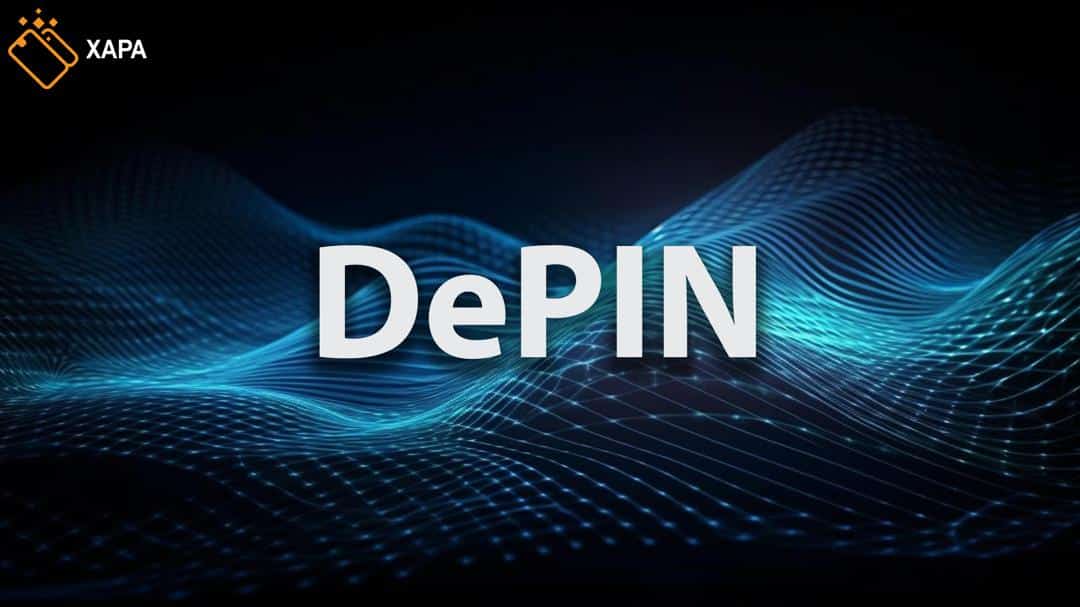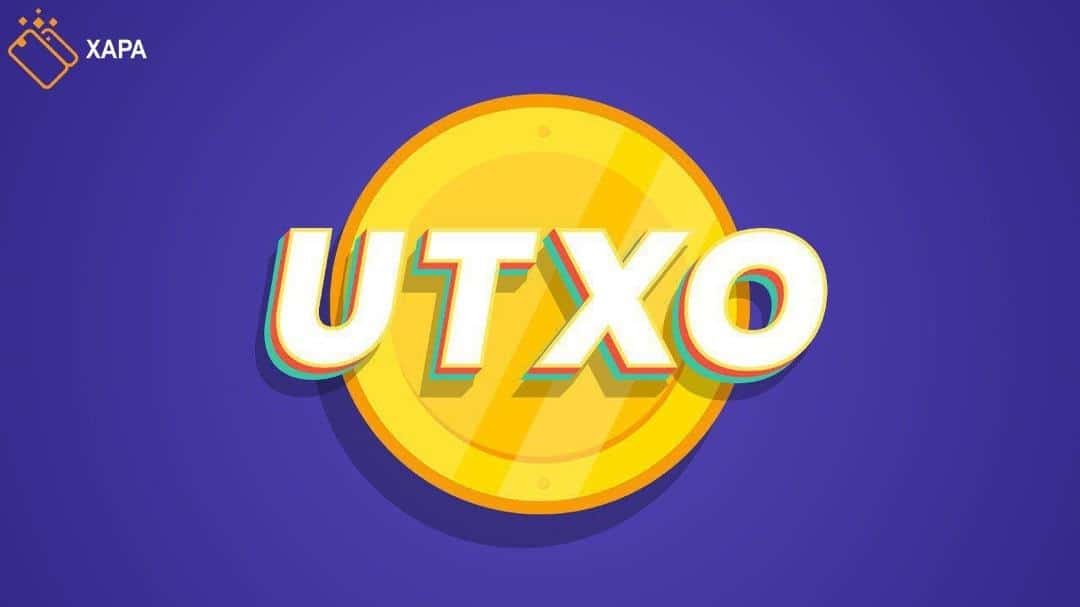
In the world of blockchains, or more specifically, smart contract-enabled blockchains,
Ethereum is the boss. There is no arguing that Ethereum is incredibly exceptional, but is
it not a bit slow and expensive to use?
What about the big bad Ethereum killer Solana? Granted, it is faster and buzzier, but it is
currently merely an upstart that is obviously too unstable, keeps gradually slowing
down, and is therefore prone to occasionally grinding to a halt.
How about Diem? Previously known as Libra, Diem is a failed experiment that Meta
(also formerly known as Facebook) -what is it with Zuckerberg and rebrands?- tried its
hands at in 2019. It was a permissioned blockchain-based stablecoin payment system
that was eventually canceled in the face of strong opposition from regulators.
Unfortunately, none of the three above could achieve 100% success. What they all
wanted to do was create a blockchain that is completely decentralized, incredibly fast,
secure, and cheap. But is it possible at all? The developers of Aptos think they have the
answer.
What Is Aptos?
Founded by Avery Chang and entrepreneur and investor Mo Shaikh, who was also part
of the team building the Diem blockchain, Aptos is very new on the scene. Although it
does not yet have a token, it managed to receive $150 million in funding round in late
July and another $200 million in March.
How Does It Work?
Unlike most blockchains that use sequential, or serial execution, Aptos makes use of a
unique method of transaction ordering called “parallel execution”. In serial execution, a
single chronology of transactions is continually updated, meaning; every time a
transaction is made, it is added to a single log ledger that contains every transaction on
the network. This method takes a long time as they need to be added one at a time.
and has already hit 130,000 transactions a second, as Aptos claims. Now compare that
to Ethereum’s 30 a second. Isn’t that a huge difference?
All that being said, it is single chronology transactions that make blockchains secure.
Blockchains are the way they are for a reason. In their case, the successful
implementation of a variable comes at the expense of another. The more the chains, the
harder it gets to get a full view of the transaction history. But don’t fret! Aptos has it all
figured out.
In order to achieve security, Aptos uses an execute first, ask questions later policy, and
waits until the transactional dust has settled, and then verifies all of them at once.
Can Aptos achieve 100% success? That only time will tell.
Follow Xapa on social media and stay tuned for more!






Robertbiafe
Bridging continents with their top-notch service.
where to buy lisinopril without prescription
п»їExceptional service every time!
Lorenzoreaps
The best place for health consultations.
how to get generic cytotec without a prescription
They simplify the complexities of international prescriptions.
BryanDraph
The best in town, without a doubt.
buy cheap cipro tablets
Their commitment to global patient welfare is commendable.
BryanDraph
The staff exudes professionalism and care.
gabapentin 800 mg
Their worldwide pharmacists’ consultations are invaluable.
BryanDraph
They have an extensive range of skincare products.
buying generic clomid pill
The staff is well-trained and always courteous.
"oppna binance-konto
Your point of view caught my eye and was very interesting. Thanks. I have a question for you.
EdgarHes
sildenafil mylan 100 mg achat en ligne: peut on acheter la pilule sans ordonnance – pharmacie en ligne sans ordonnance